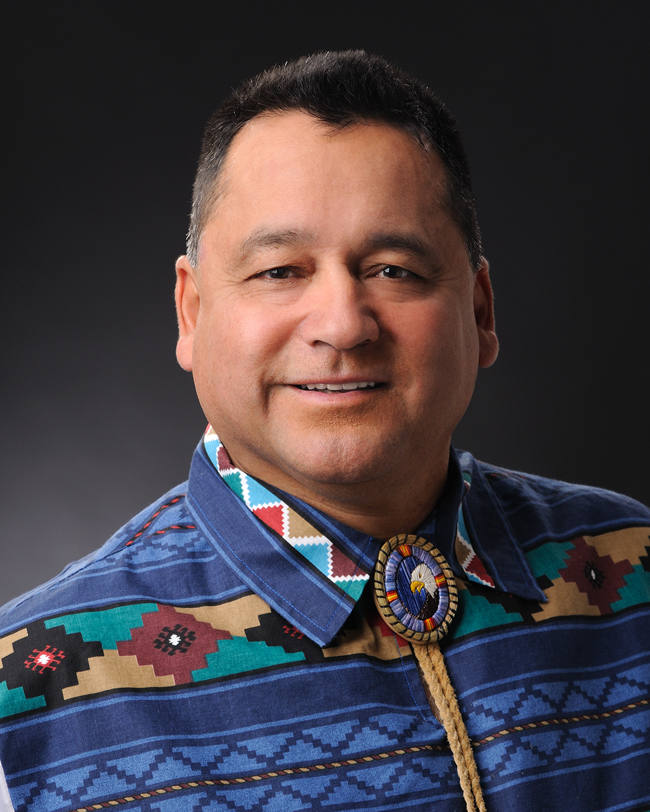‘First Nations need sufficient, predictable and sustained funding’: Madahbee

UOI OFFICES (Nipissing First Nation) March 23, 2017 – Anishinabek Nation Grand Council Chief Patrick Madahbee says that new fiscal relationships with First Nations are important for the federal government.
“Sufficient, predictable and sustained funding is crucial for effective advocacy and participation in nation-to-nation relationships,” says Grand Chief Madahbee commenting on yesterday’s federal budget. “The current system needs an overhaul from this perspective.”
Health was a key focus of the federal budget with $282 million allocated over five years to address the immediate health priorities of First Nations.
“Mental health is beginning to be recognized as a key priority and I am pleased to see ground being broken in this direction,” says Madahbee. “With $118.2 million allocated to mental health programming and $86M to see NIHB expanded to mental health care and traditional healers this represents a step in the right direction.”
Madahbee adds that some of the right investments have been committed to, but Anishinabek Nation communities are not seeing implementation on the ground.
“The elimination of boil water advisories was placed front and center in the previous budget explicitly and with infrastructure improvement funds,” says Madahbee. “With an ambitious timeline of 2021 set on this high priority issue, we anticipated swifter, more decisive action than what we have seen. The dramatic transformation that was intended to close these socio-economic gaps has not occurred.”
The Anishinabek Nation has experienced slow progress to the revitalization of federal bilateral relations and wavering support for jurisdictional restorative initiatives such as education and housing.
“There is no one more appropriate than First Nations to lead the way for government reconciliation and this is what is being done with the Anishinabek Nation. First Nations have already begun working with the Province of Ontario in implementing the Truth and Reconciliation Commission’s Calls to Action and we invite the federal government to take a key role.”
The leader of 40 First Nations says that commitment is needed concerning Child Welfare.
“The Anishinabek Nation leads the charge in the development of its Child Well-being Law to take care of our own children and return those that have been lost to us by a foreign, culturally insensitive system,” says Madahbee.
While the 2016 $2.6 billion commitment to on-reserve education was reconfirmed, the 2017 budget still made no mention of plans for the removal of the 2% funding cap to education. It is disappointing that First Nations must continue to fight for this equality.
The federal government also insists that an all-inclusive National Housing Strategy is the most effective way to resolve the First Nation housing crisis with an immense $11.2 billion allocation. The Anishinabek Nation disagrees, pointing to a regional strategy that offers more control at the community level in recognition of the diverse needs between our communities.


